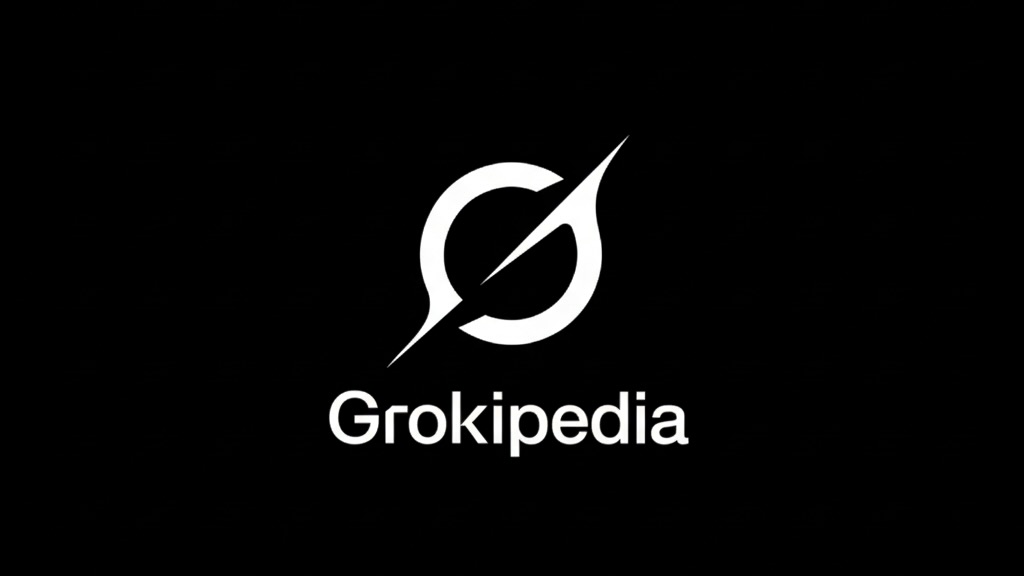Grokipedia is Elon Musk’s latest project through his company xAI. Positioned as a serious challenger to Wikipedia, Grokipedia aims to deliver an AI-powered encyclopedia that is more accurate and neutral. Musk announced this idea on September 30, 2025, stating that it is a vital part of xAI’s mission to understand the universe.
The Background of Grokipedia
Elon Musk has long expressed dissatisfaction with Wikipedia. He has repeatedly criticized the platform for containing biased content and for its fundraising approach. These criticisms, shared frequently on X throughout 2024 and early 2025, laid the foundation for his decision to create Grokipedia.
From a branding perspective, the name Grokipedia is derived from Grok, xAI’s chatbot. The integration of Grok and Grokipedia is expected to be an essential foundation for this project. Grokipedia is set to function as a structured knowledge base supported by intelligent search and AI reasoning.
Elon Musk’s Criticism of Wikipedia
Musk has accused Wikipedia of harboring biased perspectives. He has also taken issue with its annual donation campaigns, which he argued lack transparency. This criticism has strengthened his belief that the world needs a new digital encyclopedia governed differently.
Musk also emphasized the importance of verifiable sources. In his view, inaccurate information worsens public discourse. Grokipedia is projected to address this gap by leveraging the capabilities of xAI’s technology.
xAI’s Vision with Grokipedia
Grokipedia is not just another database. It is part of xAI’s broader effort to build AI agents capable of deep reasoning. With large-scale search systems, Grokipedia aims to manage trillions of data items, including text, images, videos, and audio.
In the long term, Grokipedia is expected to serve as Grok’s companion in delivering highly accurate answers to complex questions. Musk described this initiative as a major step toward enabling AI to truly understand the universe.
Grokipedia’s Work and Technology
Although full technical details remain undisclosed, official xAI job postings provide significant clues. One listing is for a Member of Technical Staff specializing in Grokipedia Search or Retrieval. The role focuses on building large-scale retrieval systems.
These systems are designed to support AI agents that prioritize reasoning and accuracy. In other words, Grokipedia will not rely solely on static databases but will integrate dynamic systems capable of sourcing real-time information.
Built on Grok’s Foundation
Grok already features live search, enabling the AI model to pull real-time data from the internet to enhance its responses. This functionality offers a preview of how Grokipedia might evolve, combining encyclopedic knowledge with real-time search.
Thus, Grokipedia would not merely present articles. It could also deliver up-to-date data from primary sources, setting it apart from Wikipedia, which depends entirely on community contributions.
Scale and Challenges
Managing trillions of data items presents significant challenges. The primary concern lies in maintaining consistency, neutrality, and accuracy. Legal issues related to licensing and copyright will also be critical.
If xAI successfully addresses these concerns, Grokipedia has the potential to become the most advanced digital encyclopedia in the AI era.
No Release Date Yet
Although Grokipedia’s announcement has made waves in the tech world, xAI has not set an official release date. There is also no information about governance models, moderation policies, or contribution systems.
Comparing Wikipedia and Grokipedia
For over two decades, Wikipedia has been the go-to reference on the internet. Its open-source, community-driven model has allowed rapid growth. However, this approach also invites risks, including bias, vandalism, and endless editorial debates.
In contrast, Grokipedia promises a more structured approach with AI-driven oversight. Yet, the absence of broad community participation could raise new concerns about transparency and trust.
Possible Integrations with Other Products
Since Grokipedia is being built within the xAI ecosystem, it will likely integrate with Musk’s other ventures. Integration with Grok is the most obvious case, but collaboration with the X platform could also emerge, enriching user experiences.
The Future of Grokipedia
If successful, Grokipedia could become one of the most groundbreaking innovations in digital knowledge. It could complement or even replace Wikipedia as a trusted reference. However, its success will depend on how xAI addresses issues of accuracy, transparency, and freedom of information.
Analysts suggest the project could reshape the global knowledge ecosystem. Some have compared it to the transformative role of early internet search engines.
Opportunities for Business and Media
Grokipedia also presents opportunities for the media and knowledge-driven industries. With a foundation of accurate data, outlets like Olam News could use Grokipedia as a reliable reference to enhance reporting and analysis.
It could also open doors for collaboration in information distribution, particularly for organizations seeking to present verifiable and authoritative data.
Ethical and Regulatory Challenges
Despite its promise, Grokipedia faces ethical and regulatory risks. The biggest question revolves around who gets to define truth in this system. Additionally, varying data and AI regulations across countries could pose barriers.
How xAI will navigate these issues remains unclear. Still, the public hopes Grokipedia will deliver innovation without compromising transparency or freedom of expression.
Elon Musk’s Grokipedia is quickly becoming one of the hottest topics in tech. Positioned as a potential game-changer in digital knowledge, the project promises accuracy, speed, and innovation beyond Wikipedia. Yet many unanswered questions remain regarding governance, moderation, and release dates. For the latest updates on Grokipedia and other technology breakthroughs, continue exploring Olam News.




